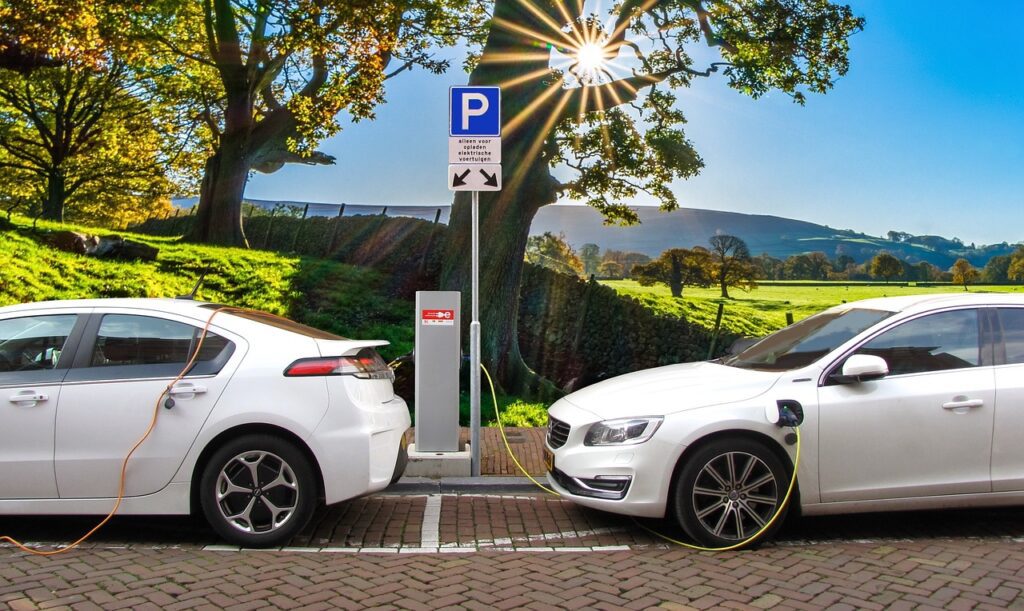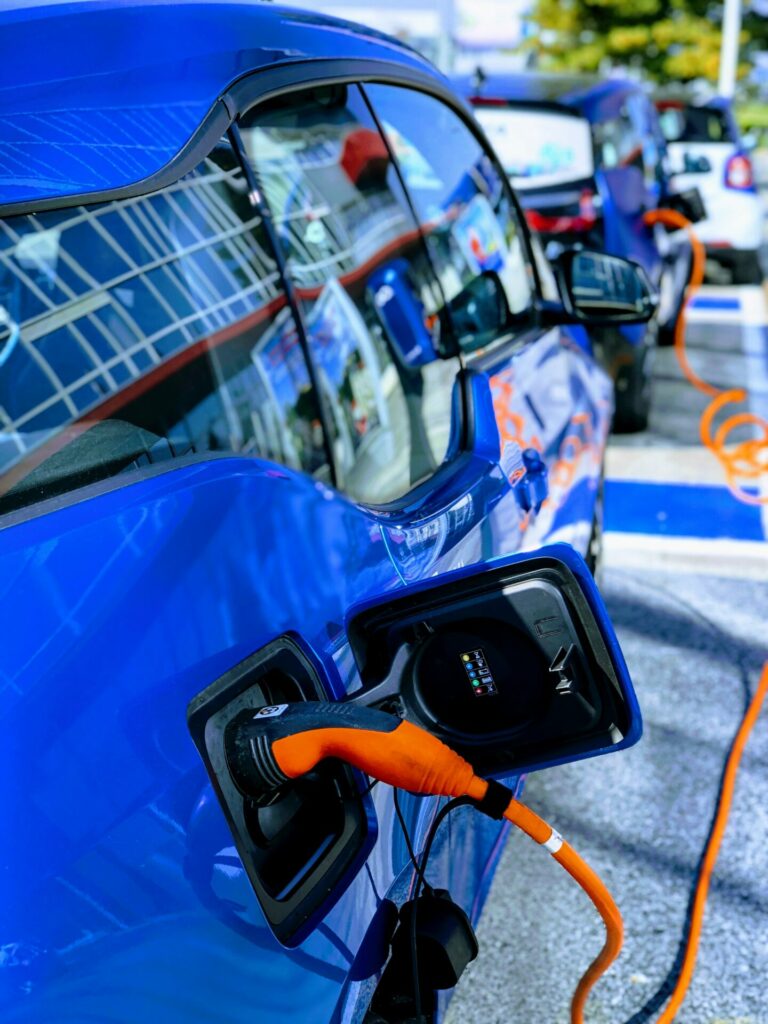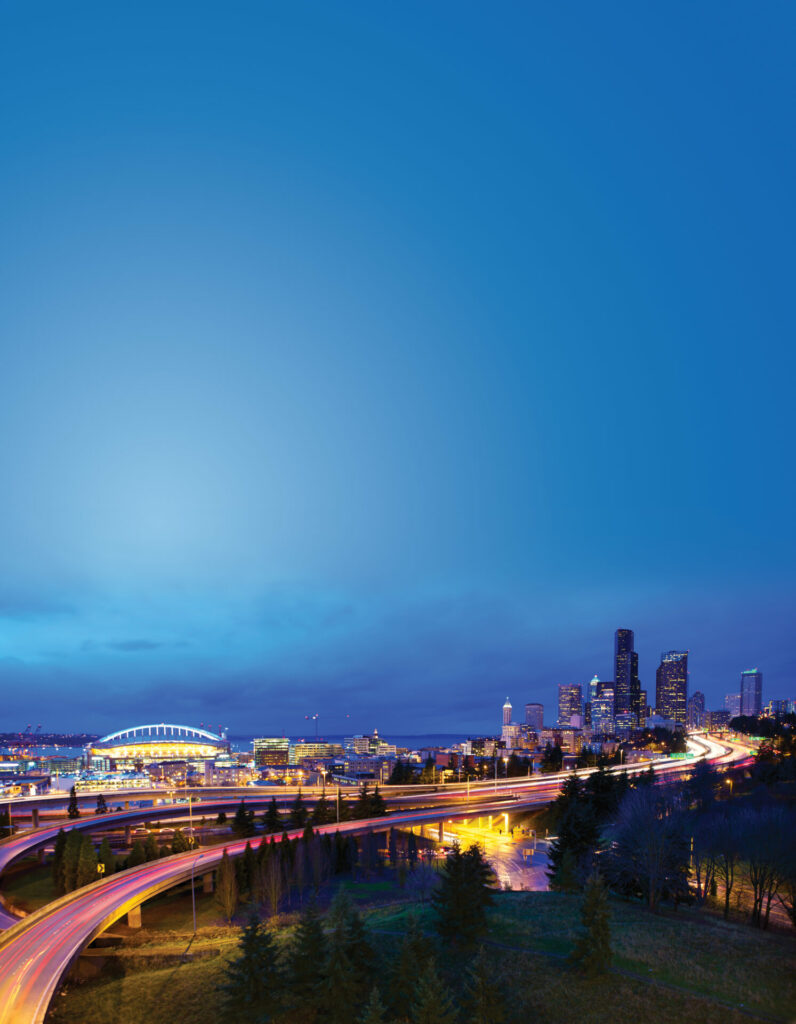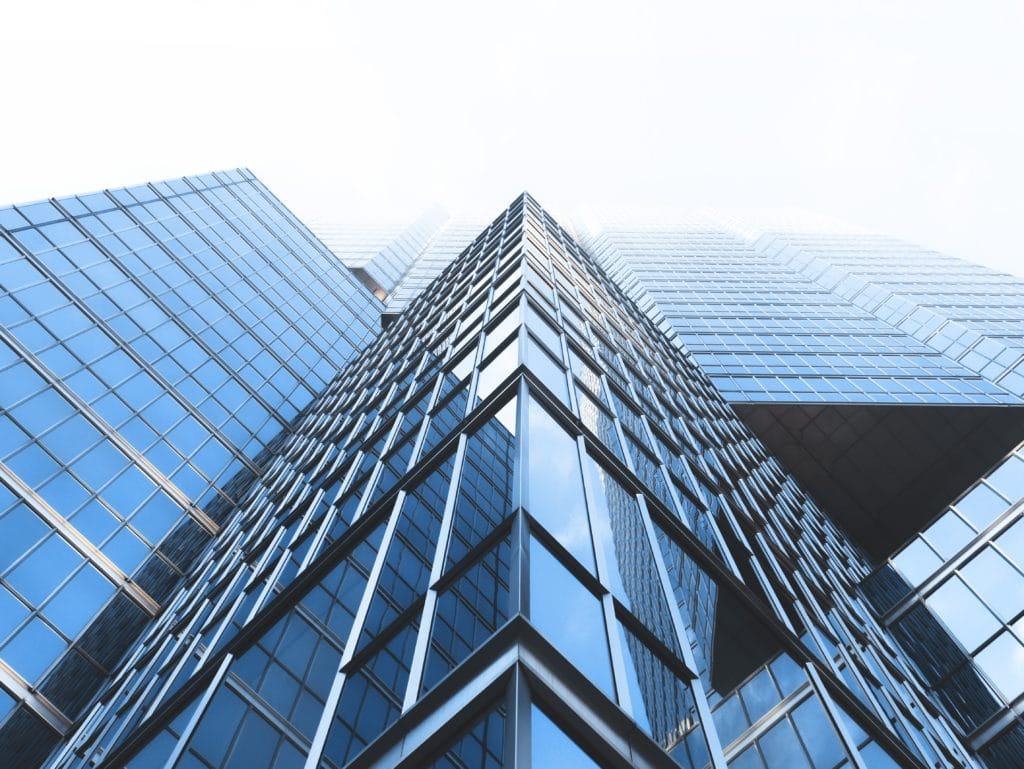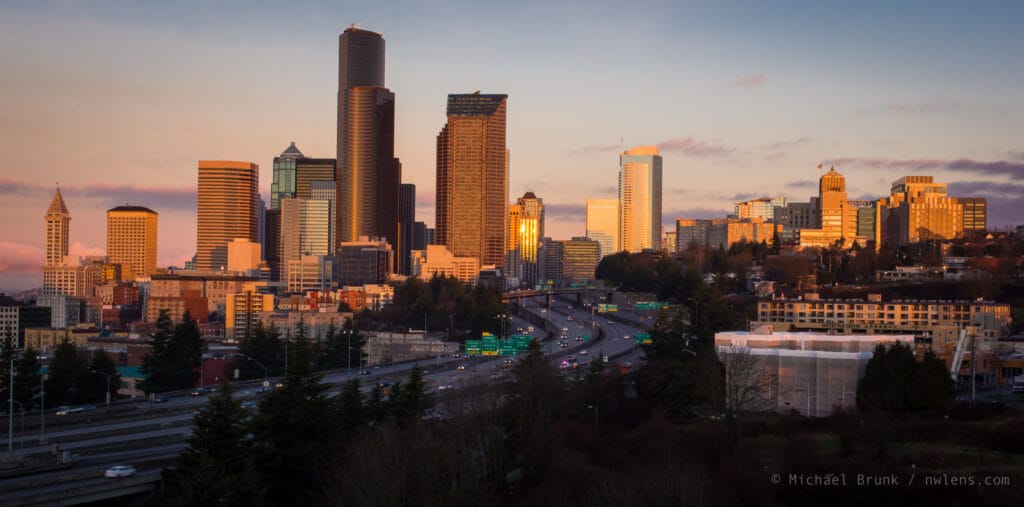Decarbonizing Buildings, Transportation & Fuels
The path for gas utility decarbonization in Washington state
The transition from gas to electricity is well underway in Washington state in response to both climate change and bold state policies designed to address it. State climate policies set progressive targets, like the Clean Energy Transformation Act requiring 80% of electric utilities’ resources to be clean (renewable or non-emitting) by 2030 and 100% clean…
Read MoreWashington’s Transportation Electrification Strategy tackles the state’s largest source of emissions
Transportation is the largest source of greenhouse gas emissions in the country. This includes Washington, where transportation makes up around 40 percent of the state’s greenhouse gas (GHG) emissions. For the region to achieve its ambitious climate goals, it’s crucial to develop well-planned pathways to decarbonize all sectors of our economy, especially the biggest piece…
Read MorePublic Comment through 10/30 on Washington’s Transportation Electrification Strategy!
The public comment period opens today on the Washington EV Council’s draft Transportation Electrification Strategy (TES). The TES will serve as a roadmap to support widespread adoption of electric vehicles across Washington. This is one of the largest transportation transitions ever implemented in Washington, so the TES includes strategies for infrastructure, community access and affordability,…
Read MoreElectric vehicle charging standards adopted in Washington
The Washington State Department of Agriculture (WSDA) recently adopted standards for public electric (EV) vehicle charging, often referred to under the more technical name, electric vehicle supply equipment (EVSE). On December 16th, 2022, the Department adopted the final rule, which will take effect on January 1, 2024. By the end of 2022, there were over…
Read MoreWashington Adopts New Clean Vehicles Program Standards
Yesterday, the Department of Ecology (Ecology) took the next step towards a cleaner and more equitable transportation system for Washington. After several opportunities to provide input on the new standards being added to the Clean Vehicles Program, Ecology has adopted three new standards: Advanced Clean Cars II, the Heavy-Duty Omnibus Low NOx Rule, and the…
Read MoreWashington State Clean Vehicle Rulemaking
Washington State Department of Ecology is adopting three regulations that will help address air pollution NW Energy Coalition is working with partners to support the adoption of the following three regulations, which will address air pollution to improve public health, protect frontline communities, and increase access to electricity as an affordable transportation fuel: These regulations…
Read MoreEnergy Efficiency 101
Energy efficiency means using energy wisely Simply put, energy efficiency means using each unit of energy as efficiently as possible to reduce waste. A common example of energy efficiency is switching from incandescent light bulbs to light emitting diodes – more commonly known as LED – light bulbs. LED bulbs produce a nearly identical amount…
Read MoreSeattle Building Performance Standards Development – Presentation by the NW Energy Coalition
Thank you to everyone who attended our Lunch and Learn webinar session on Seattle’s building performance standards policy development. You can download the slide deck below.
Read MoreOpportunities to Act for a Strong Washington State Energy Code
As we tackle the biggest issue of this generation – the climate crisis – we also have an opportunity to recreate a society that is cleaner, healthier, more equitable, and more affordable. The buildings we sleep, cook, relax, work, create, and socialize in are just one area that is undergoing a transformation. Every time we…
Read MoreSeattle Climate Action on Building Standards and Transportation Electrification
Today, Seattle’s Mayor, Jenny Durkan, released an Executive Order, calling for significant climate action to reduce emissions from transportation and buildings. While we continue as a society to grapple with multiple and interlocking crises, tackling the climate crisis must remain paramount to protect the health and wellbeing of our communities. The NW Energy Coalition supports significant progress on energy efficiency in buildings and…
Read More


